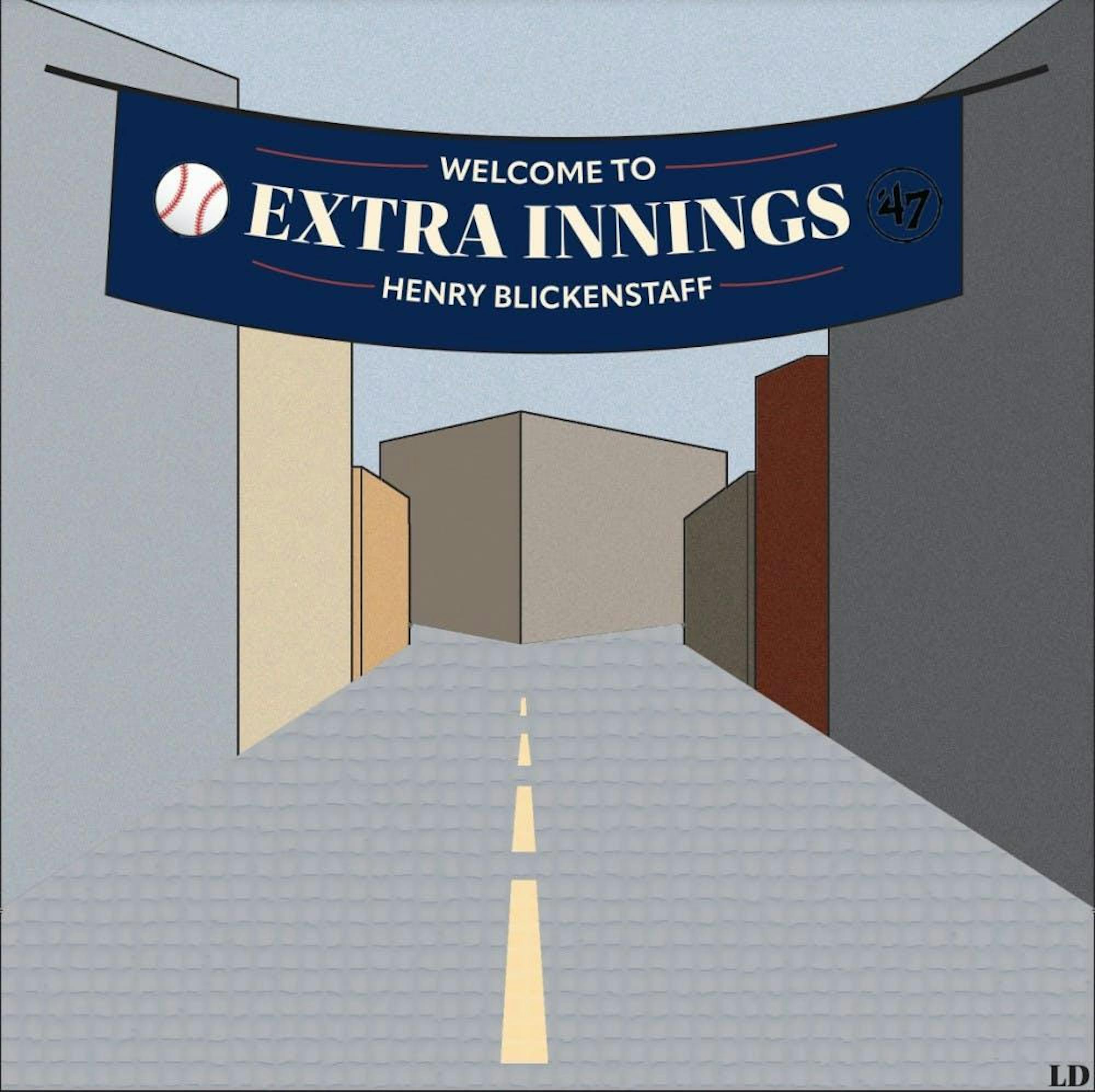The Los Angeles Dodgers are quickly becoming the biggest bullies in professional sports. Since Guggenheim Baseball Management took control of the club in 2012, they have missed the playoffs only once, won at least 100 games five times and appeared in four World Series, winning two.
To achieve this remarkable success, the Dodgers have consistently opened up their checkbook and shelled out massive contracts to some of the biggest names in baseball. But this wasn’t the case for Roki Sasaki, their latest acquisition, who signed with the Dodgers on Friday night.
Sasaki is one of the most hyped pitching prospects in recent memory. At just 23, he’s already thrown nearly 400 innings in Nippon Professional Baseball, putting up gaudy numbers in the process — 2.10 ERA, 0.894 WHIP and a 5.74 strikeout-to-walk ratio.
The reason the Dodgers didn’t have to spend big for Sasaki is because he’s still under 25 years old, making him an international amateur, according to MLB rules. His salary is therefore capped at the league minimum, meaning he could have signed with any team, not just the biggest spenders.
Sasaki’s decision to join the Dodgers even when money wasn’t a factor confirmed what I thought after they won the World Series — that the Dodgers have cornered the Japanese market.
The Dodgers already had a leg up due to their location on the West Coast and their deep pockets, but they also boast an unmatched pedigree in recent years with Japanese players on their roster, having just won the World Series in their first year with Shohei Ohtani and Yoshinobu Yamamoto. Because of this, they’ve emerged as the massive favorite for every Japanese player who makes the move to MLB.
This will also presumably include Munetaka Murakami, the 24-year-old slugger who will be posted to MLB next offseason. The supremely talented Murakami has a career .945 OPS in Japan, and in 2022, he had a monster 1.168 OPS and hit 56 home runs — no one else in NPB’s Central League had more than 30 that year. He also recently posted a photo where he was wearing a Dodgers hat, so my money’s on him ending up in L.A.
In spite of what the Los Angeles Times says, this is not a “great day for baseball.” It might be a great day for the Dodgers and their fans, but for the rest of us, it’s a sad reflection of a broken system. No, the salary cap argument doesn’t apply in the case of Sasaki, but he’s an outlier who was willing to take a cheap contract to move to MLB before turning 25. Most in Japan, like Yamamoto and Murakami, choose to wait, at which point teams can pay them whatever they want.
Sasaki’s decision does, however, prove that the Dodgers have an appeal in Japan. That won’t go away with a salary cap, but the Dodgers’ sheer dominance over the Japanese market will, because Japanese players will have to be willing to take less money to play in L.A. if they have cap trouble.
Without a salary cap, the Dodgers will sign Murakami and all who come after him, turning all of NPB into an extension of their farm system. If that sounds unfair, that’s because it is.






